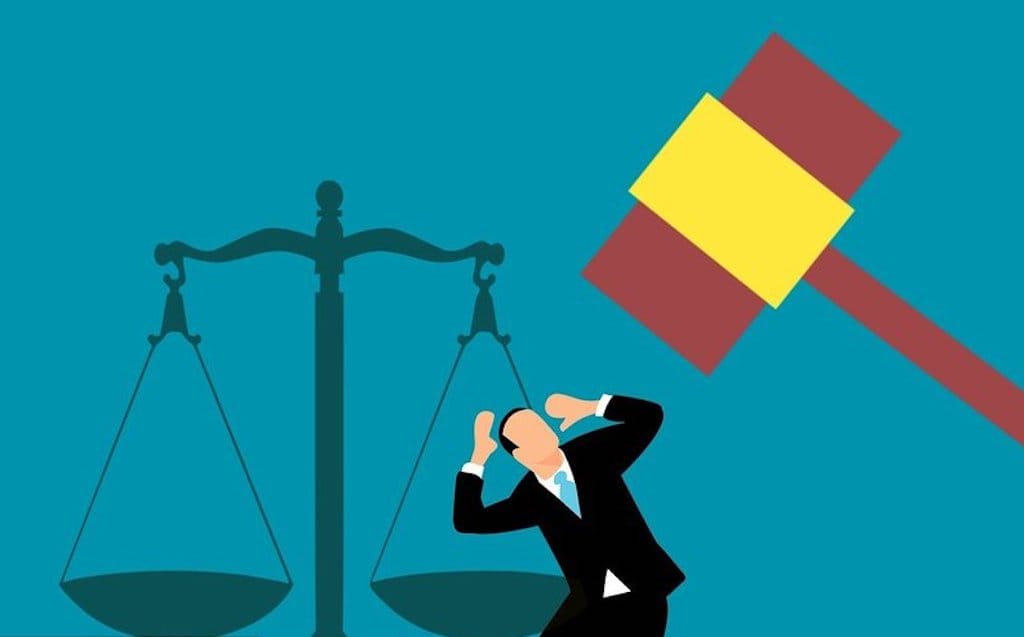Petition Challenges Constitutionality of Roles FCC, USAC Play in Universal Service Fund
The legal brief comes at a time when the FCC studies the future of the fund.

WASHINGTON, April 19, 2022 – A petition filed last week is requesting a U.S. appeals court find unconstitutional the process by which the Universal Service Fund is funded and how its administration has been delegated.
The petitioners, including non-profit research house Consumers’ Research and communications service provider Cause Based Commerce Inc., plead to the U.S. court of Appeals for the Fifth Circuit that Congress handed the Federal Communications Commission under the Telecommunications Act of 1996 unfettered delegatory authority to raise revenues for the roughly $8-billion annual program that seeks to expand basic telecommunications services across the country – including to low-income Americans, schools and libraries and rural healthcare.
That offloading of duties with “no formula, ceiling, or other meaningful or objective restrictions” is contrary to the nondelegation doctrine, the petitioners argue, which is a Constitutional limit that does not allow Congress to delegate to other branches its own legislative authority.
“The Framers [of the Constitution] understood ‘that it would frustrate ‘the system of government ordained by the Constitution’ if Congress could merely announce vague aspirations and then assign others the responsibility of adopting legislation to realize its goals,” the petition read.
Congress has improperly given taxation powers and inappropriately delegated power to a private entity, petitioners argue
The petitioners, who name the FCC as a respondent, argue that because the money raised for the fund comes from telecommunications companies, which often pass those costs down to customer voice service bills, Congress has effectively given the FCC taxation powers – a solely legislative authority.
Additionally, they argue that the FCC itself is in violation of the nondelegation doctrine by outsourcing the administration of the USF to a private entity called the Universal Service Administrative Company, which announces the amount needed to be obtained every quarter to meet the fund’s objectives. They argue that because the process for determining the amount and the FCC’s approval of it happens “only days before the new quarter begins,” the FCC has “no option” but to approve whatever USAC says.
“This unaccountable state of affairs has unsurprisingly led to skyrocketing costs, with the contribution rate quintupling since 2002, as well as rampant waste, fraud, and abuse,” the petition said, referring to the percent of voice service revenues that must be collected to support the program.
In one quarter last year, the contribution percentage reached a record high of 33.4 percent of declining voice revenues. Advocates for the USF have been calling for a more sustainable model for the fund, including broadening the contribution base to include broadband revenues and big tech platforms, with others calling for scrapping all that and just adding the required amount from a congressional budget item.
As such, the petitioners say the USF should be floated by money from federal revenues.
“If Congress believes these programs are worthy of funding, it should have to endure the public scrutiny and beneficial debate of raising money and proposing an appropriation for them,” the petition said. “But “[b]y shifting responsibility to a less accountable branch, Congress protects itself from political censure—and deprives the people of the say the framers intended them to have.”
Some argue that general taxation revenues should fund the Universal Service Fund
Advocates of general taxation for the fund, including AT&T and former FCC Chairman Ajit Pai, have often pointed to the added benefit of having congressional oversight to minimize fraud and abuse.
The petitioners have the support of non-profit technology think tank TechFreedom, which filed a brief with the court to boost the position. TechFreedom had by then already submitted comments to the FCC on its study of the future of the USF, arguing that the money should come from general taxation and that the FCC “cannot unilaterally” expand the fund to include contributions from big technology platforms. The FCC’s consultation included a question about that jurisdiction question, with parties including affordable communications advocate Public Knowledge and Carol Mattey, who urged the expansion of the fund to include broadband revenues, arguing that the FCC has jurisdiction to expand the base because it’s in the public interest.
“This double delegation – and, worse, private delegation – has led to lax oversight, runaway budgets, wasteful spending, and outright fraud,” alleged TechFreedom in its brief.
“It was bad enough that Congress handed such broad and ill-defined regulatory power to an independent agency – a government entity not subject to direct control by democratically elected leadership,” TechFreedom said, adding for the FCC to pass that power over to USAC without Congress’s permission “means that the USF is not subject to any congressionally established procedural guardrails.”
TechFreedom furthers its complaint by arguing that USAC directors “are not properly appointed” and the FCC’s “rubber-stamping of USAC’s proposals violates the Administrative Procedure Act.”
The free markets non-profit the Competitive Enterprise Institute and the think tank the Free State Foundation also filed a joint brief with other professors and institutes arguing that the administration of the USF has effectively usurped Congress’s power to levy taxes via the ability of service providers to pass down the cost of the fund to consumers.
“The Constitution does not permit Congress to circumvent the legislative process by allowing an independent agency (guided by a private company owned by an industry trade group) to raise and to spend however much money it wants every quarter for ‘universal service’ at the expense of every American who pays a monthly phone bill,” the joint submission said.
Intervenors named in the case – who are not parties to it but can submit comments to help the court – include the Benton Institute, the National Digital Inclusion Alliance, the Center for Media Justice, the Schools, Health and Libraries Broadband Coalition, the National Telecommunications Cooperative Association, and the Competitive Carriers Association.








